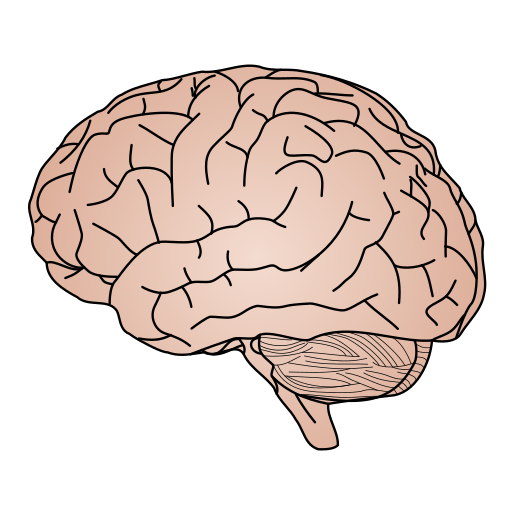Dopamine Isn’t Always Good for You
How you exploit your body without knowing about it.

Human brain
Dopamine is a neurotransmitter that plays an essential role in various brain functions such as pleasure, reward, motivation, and mood regulation. It is often referred to as the “feel-good” hormone because of its association with pleasurable experiences. Dopamine is produced in several areas of the brain, including the substantia nigra and the ventral tegmental area. It then travels to different parts of the brain to transmit messages between neurons.
While dopamine is essential for a healthy brain, too much of it can be harmful. Excessive dopamine levels can lead to several health problems, including addiction, anxiety, and depression.
Addiction is one of the most common side effects of excessive dopamine production. When dopamine is released in response to an activity or substance, it reinforces the behavior, making it more likely to be repeated. This mechanism is responsible for the development of addiction to drugs, gambling, and other addictive behaviors.
Excessive dopamine production can also lead to anxiety and depression. This occurs when the brain’s dopamine receptors become desensitized, leading to a reduced ability to feel pleasure. This condition is known as anhedonia and is often associated with depression.
Furthermore, excessive dopamine production can lead to impulsivity and poor decision-making. When dopamine levels are high, people tend to take more risks and engage in impulsive behaviors, which can lead to negative consequences.
There are several ways to reduce dopamine levels in the brain. One way is to engage in activities that promote relaxation and reduce stress, such as yoga, meditation, and deep breathing exercises. Another way is to avoid activities that trigger excessive dopamine production, such as drug use, gambling, and overeating.
In conclusion, dopamine is an essential neurotransmitter that plays a critical role in various brain functions. However, too much of it can be harmful and lead to addiction, anxiety, depression, impulsivity, and poor decision-making. It is important to maintain a healthy balance of dopamine levels in the brain by engaging in healthy activities and avoiding addictive behaviors.
Related Stories:
https://my.clevelandclinic.org/health/articles/22581-dopamine
https://www.webmd.com/mental-health/what-is-dopamine
https://www.healthline.com/health/dopamine-effects
Take Action:














